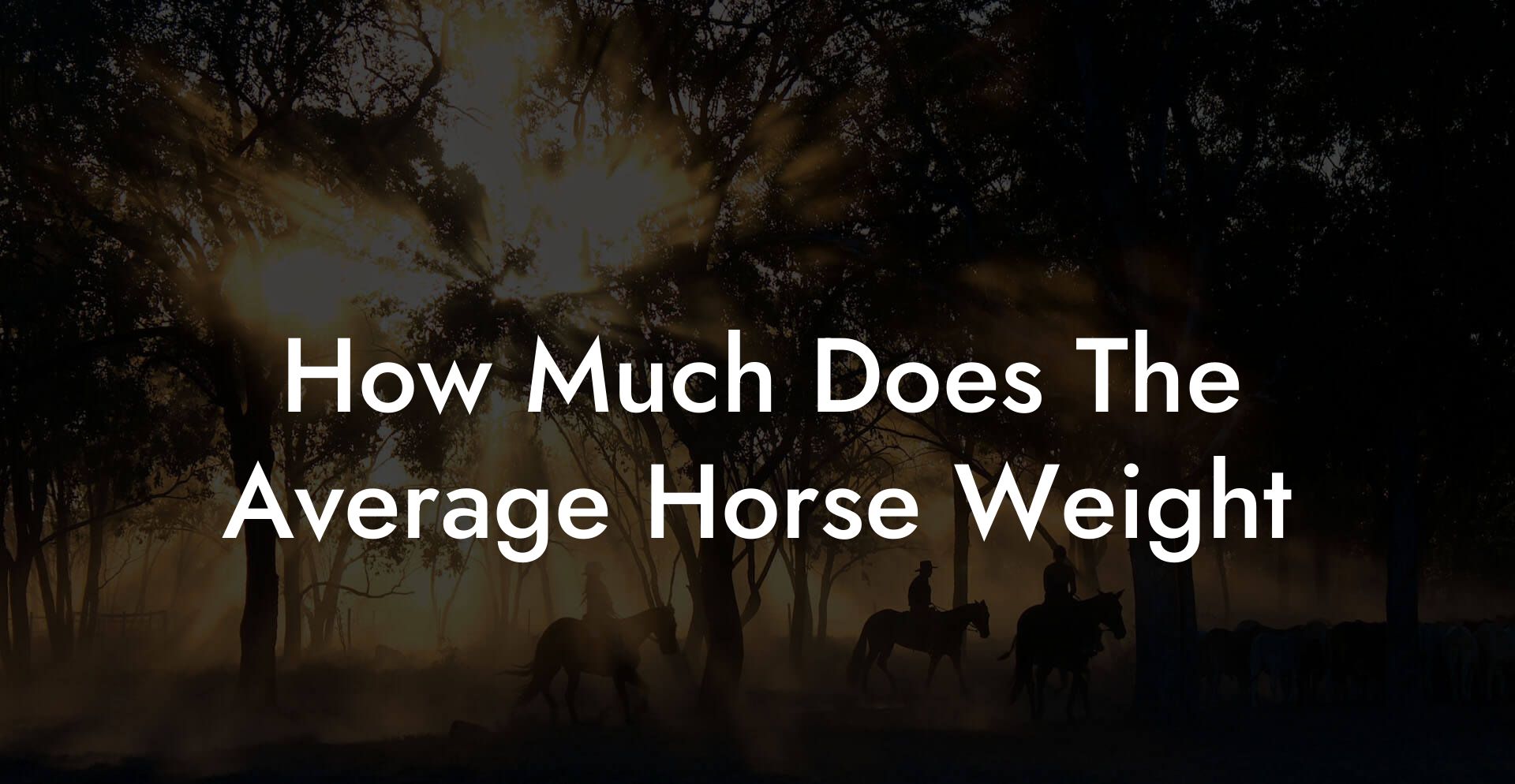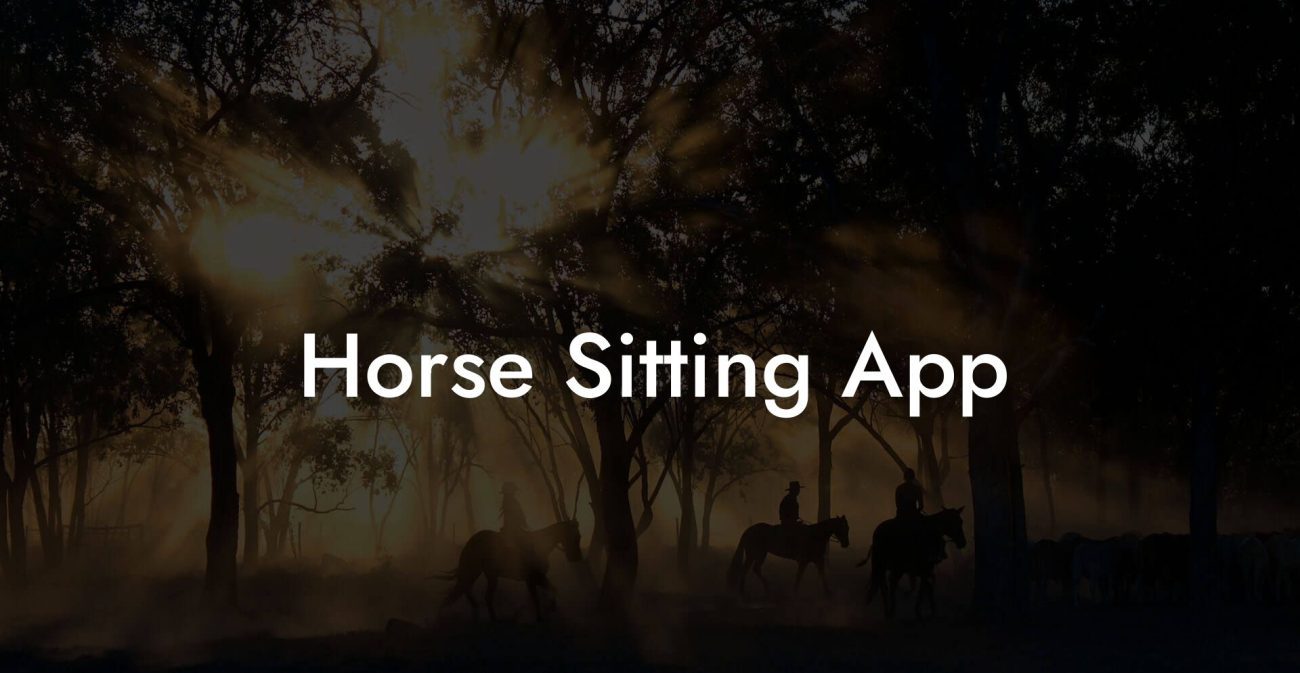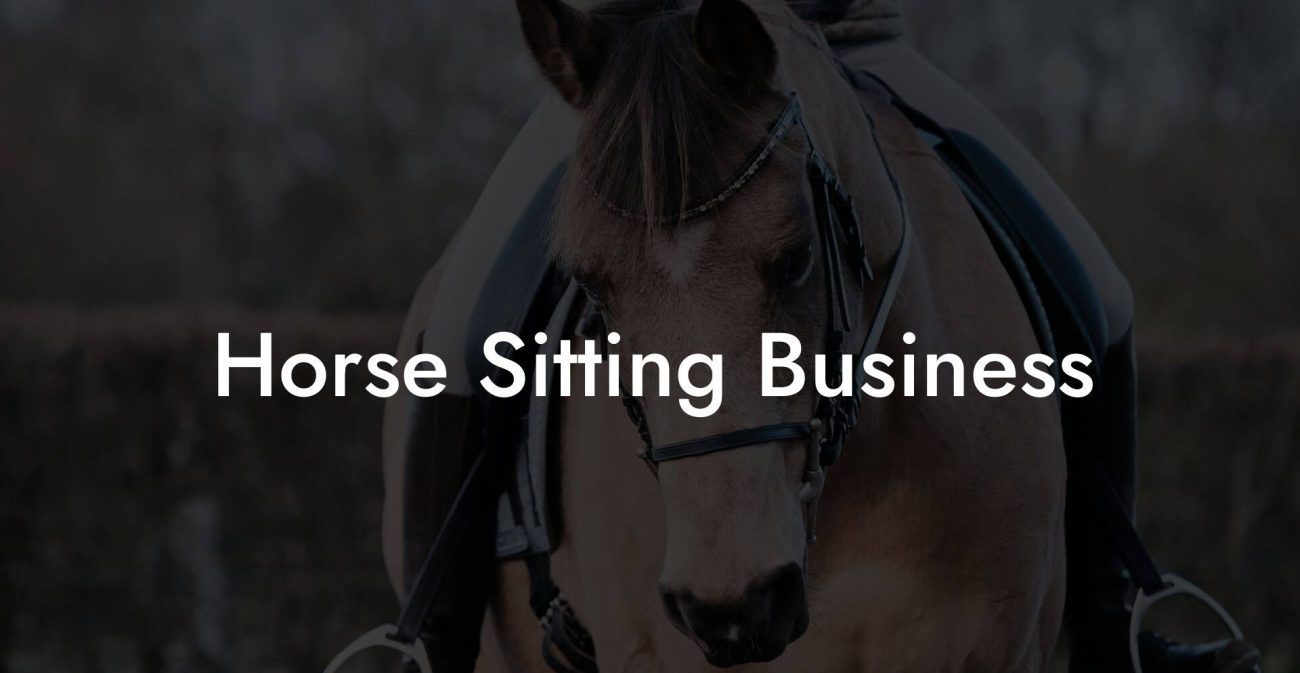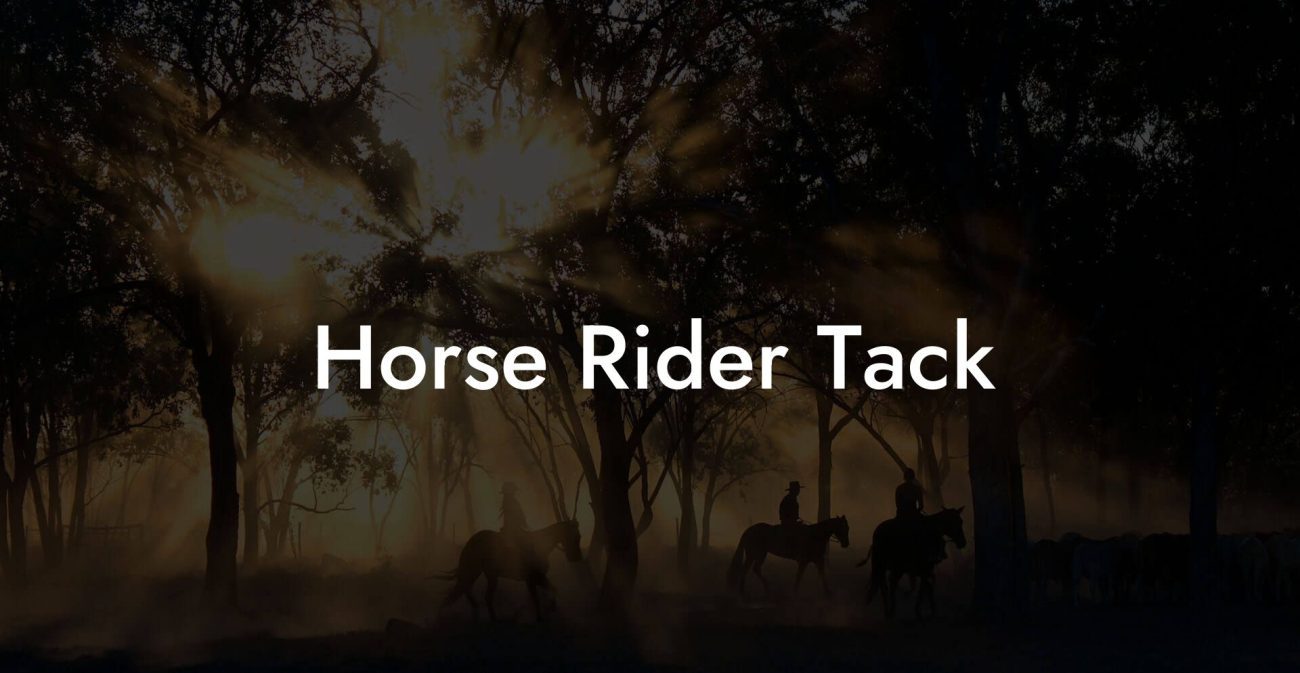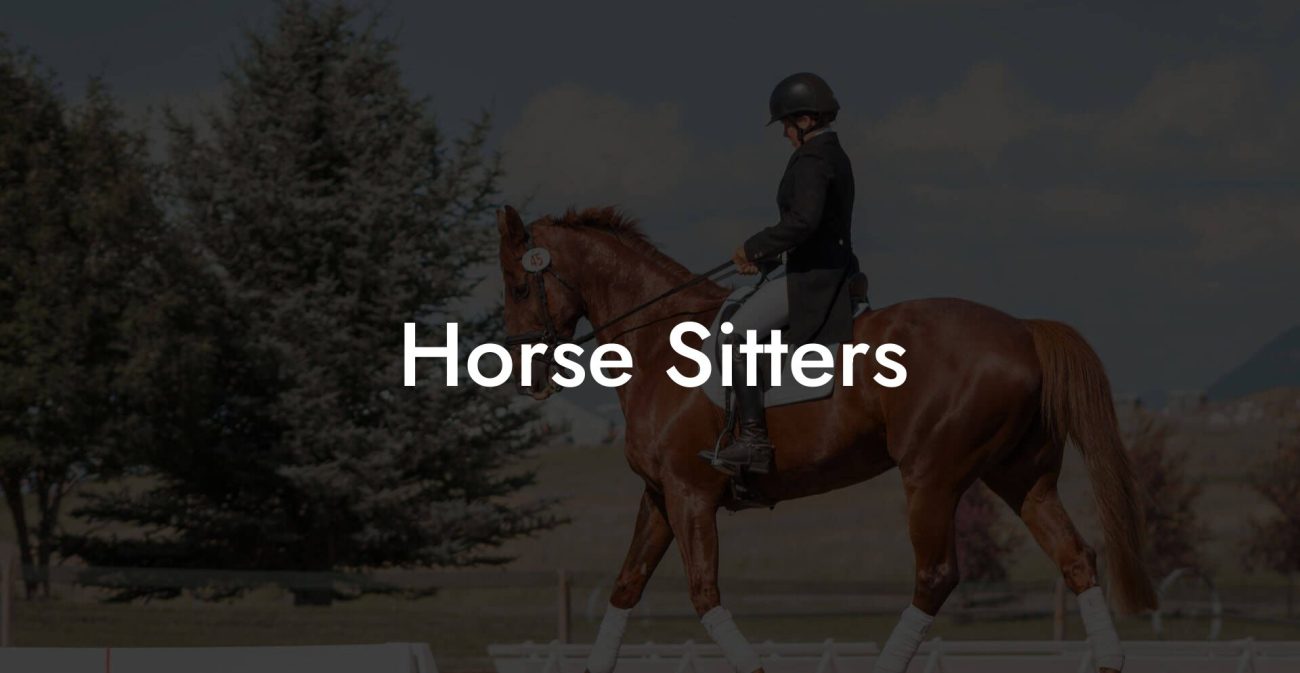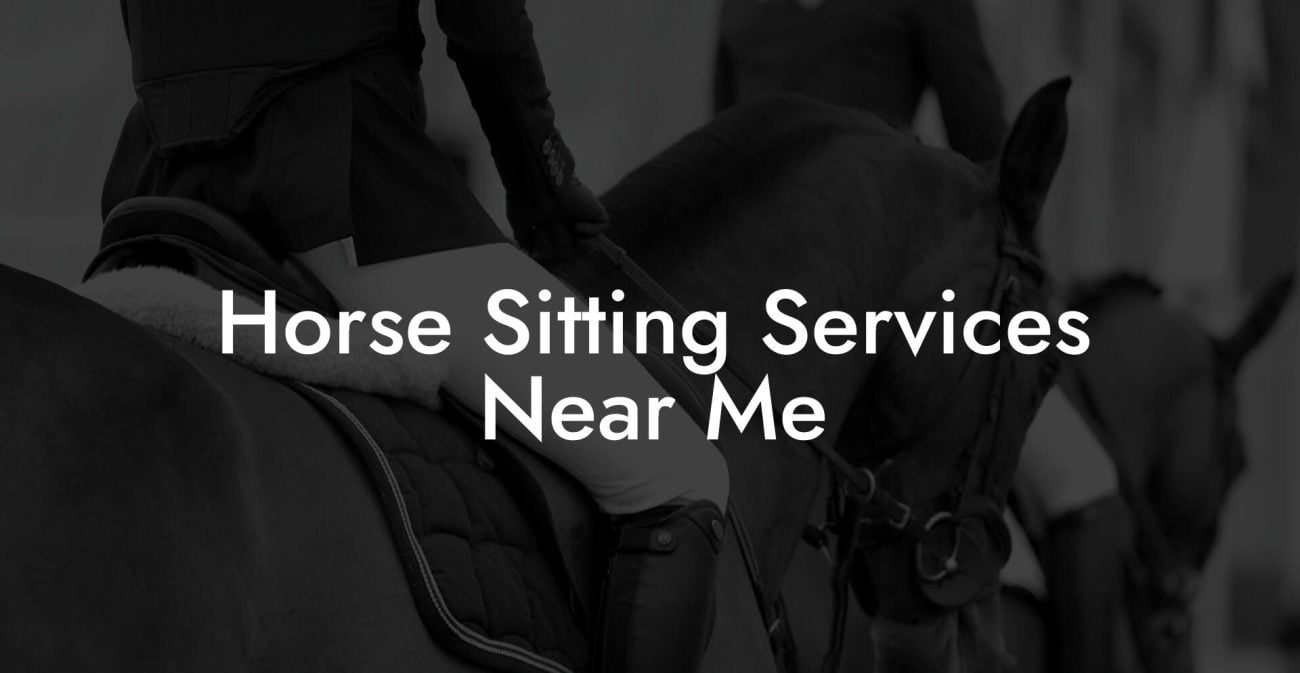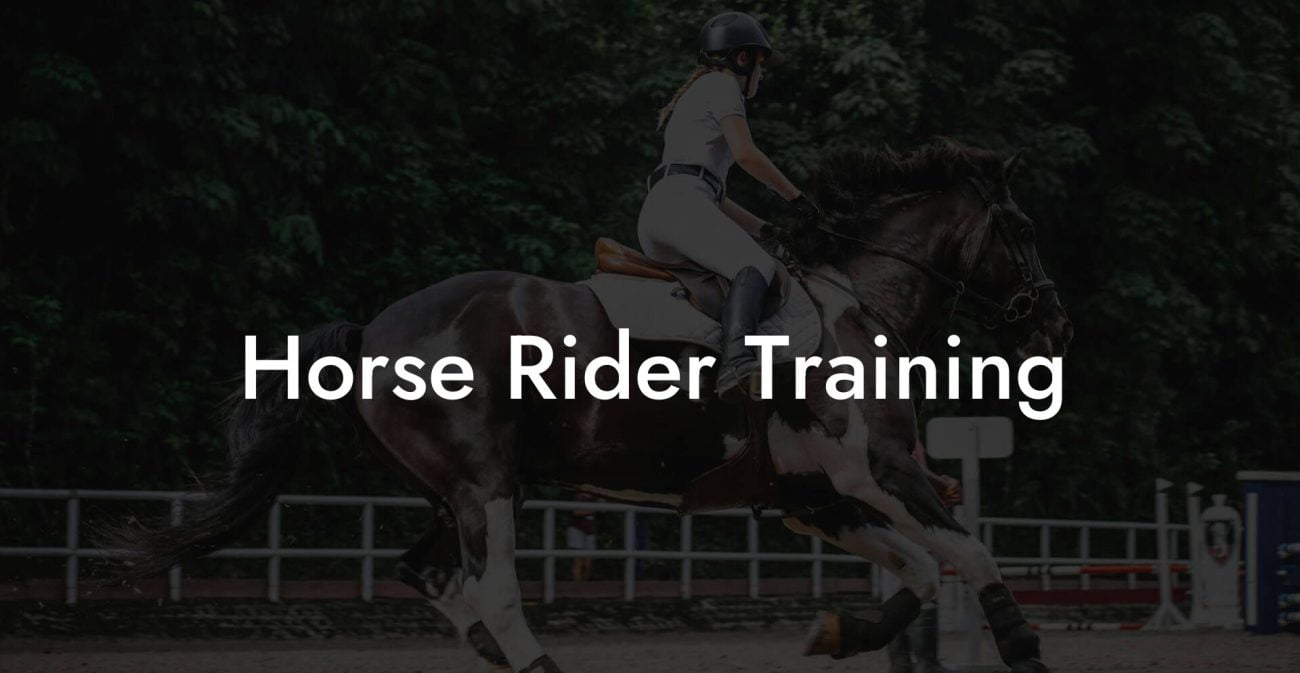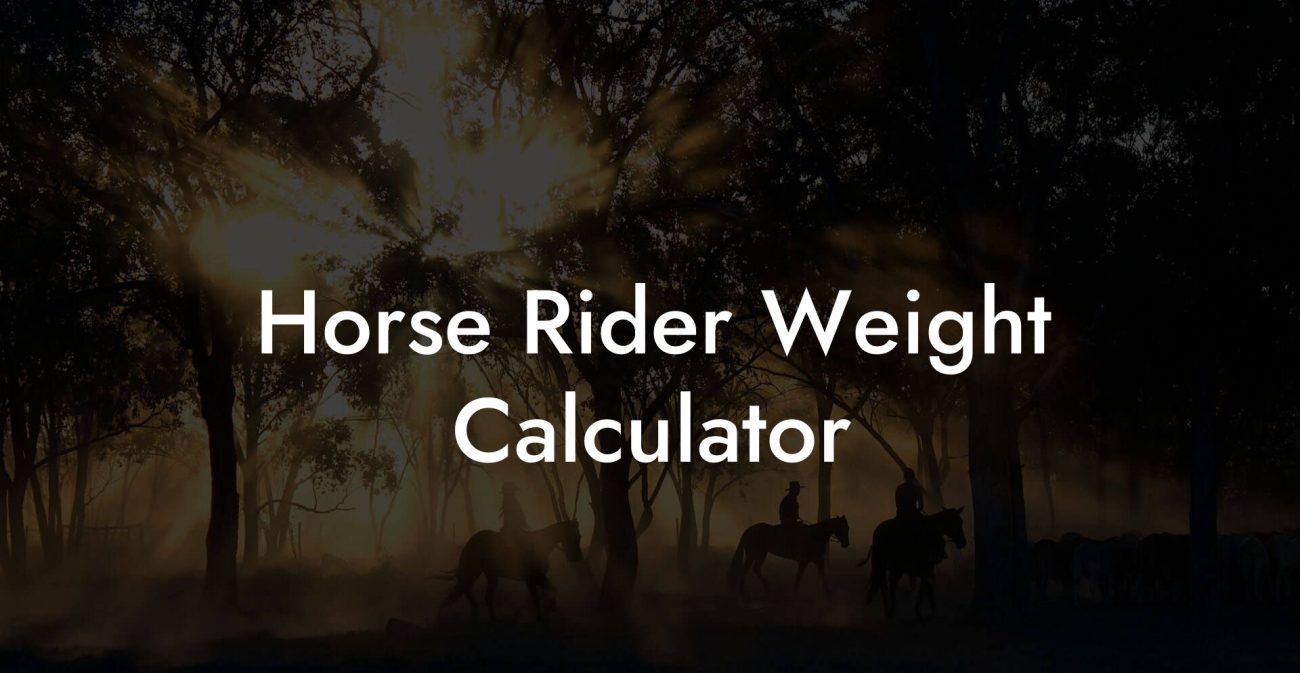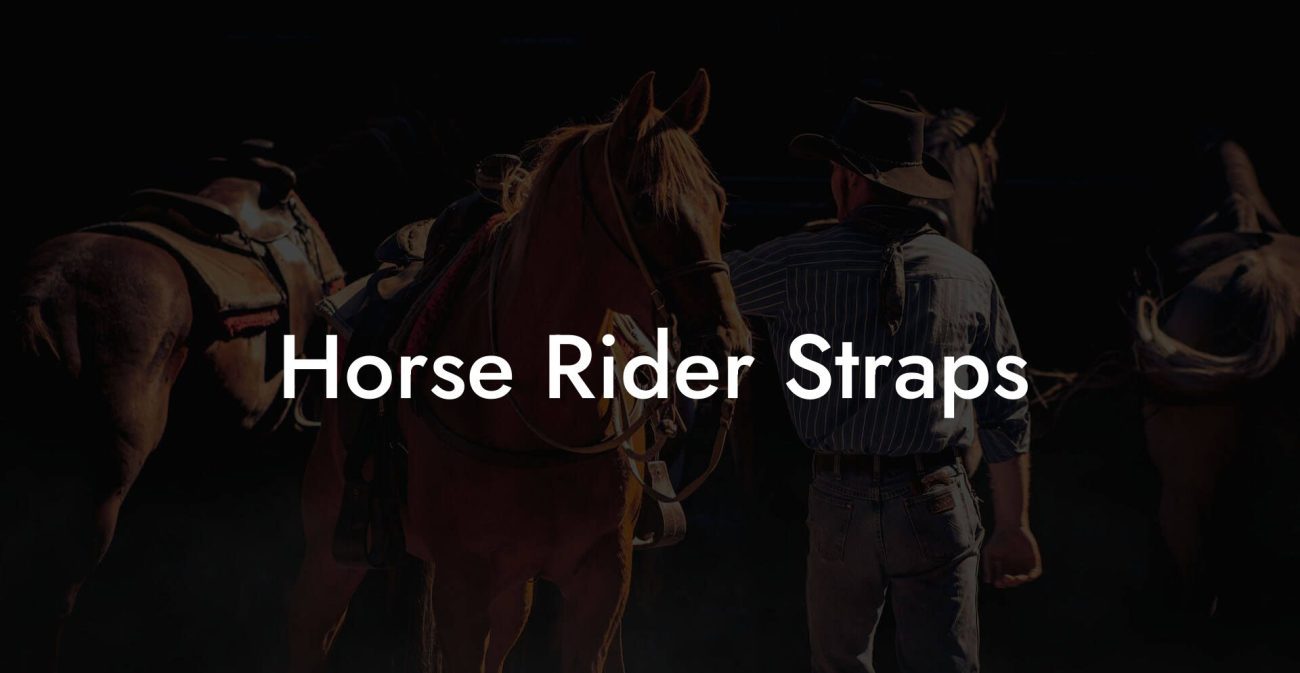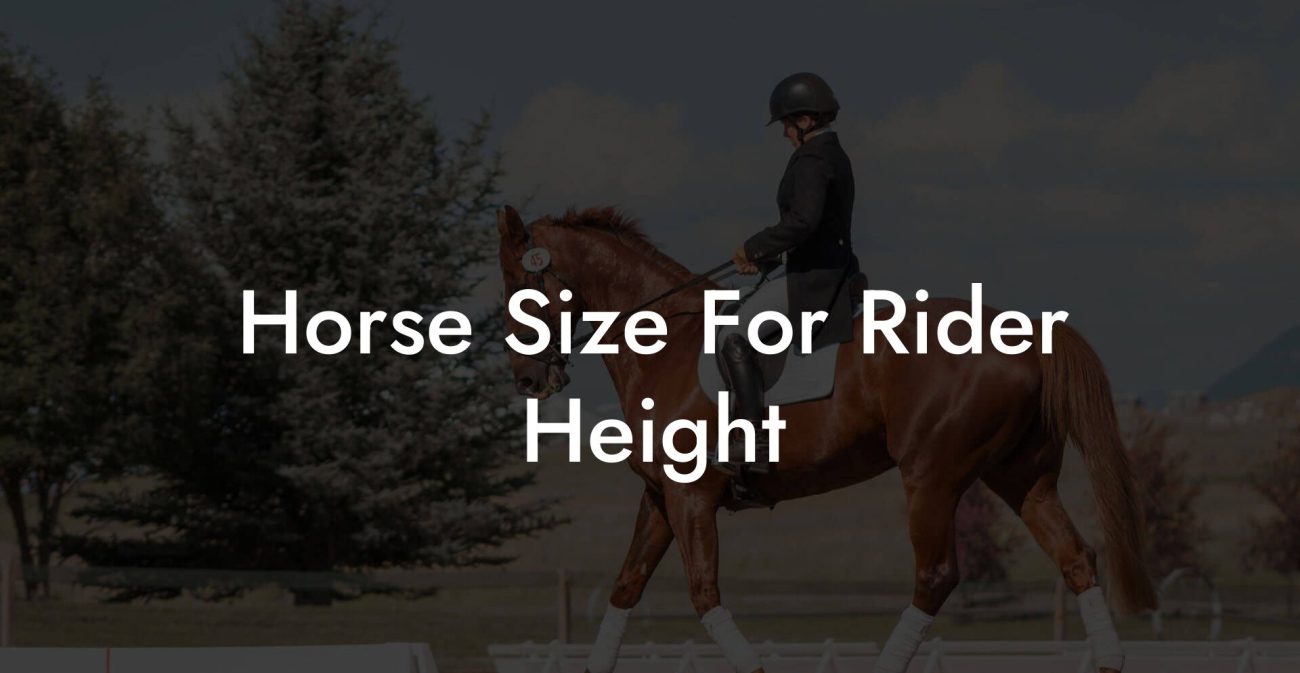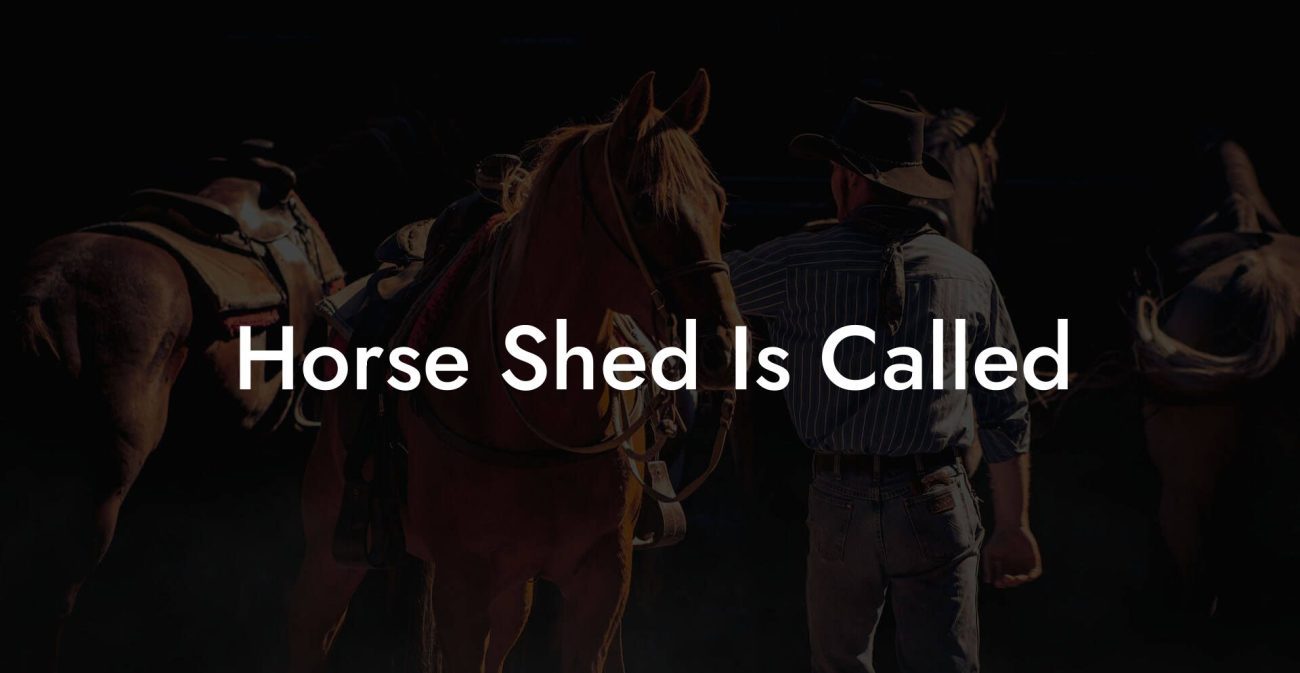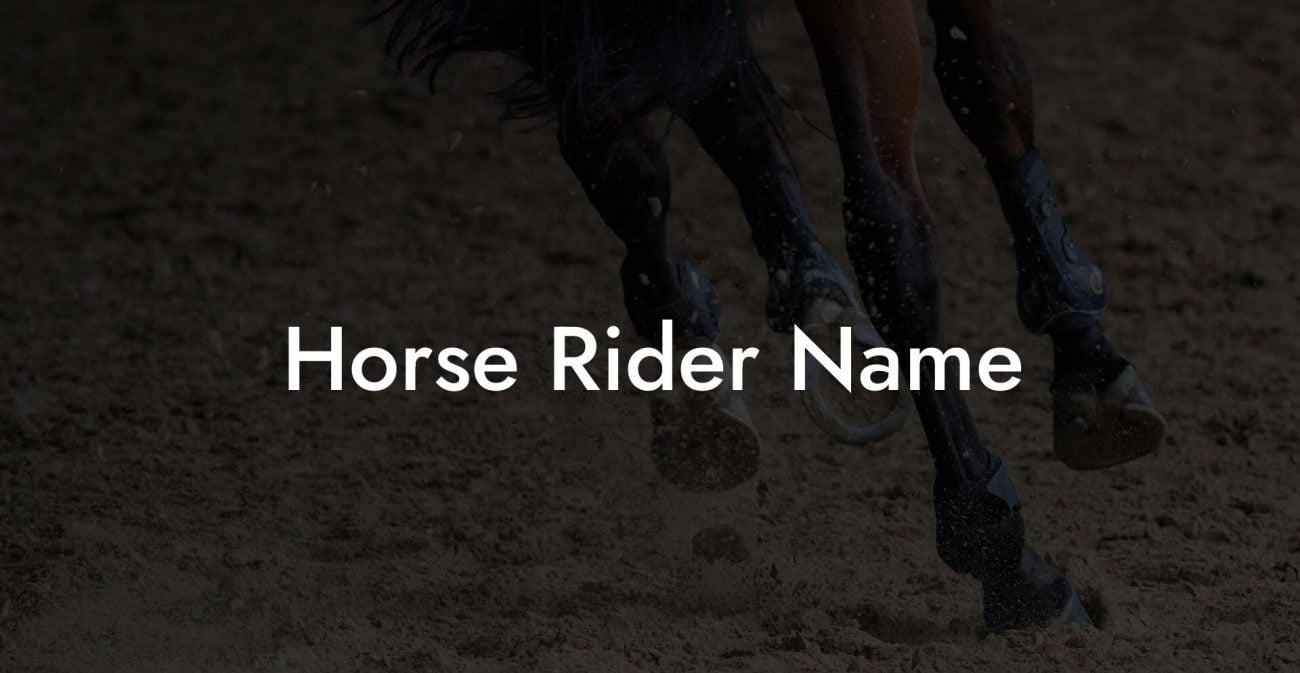Think of your favorite social media influencer owning a majestic steed that perfectly embodies both strength and style, now imagine measuring that powerhouse to unlock the secrets of its well-being. When it comes to the average horse weight, there's so much more than just numbers on a scale; it’s about understanding your equine companion's overall health, lifestyle, and performance potential. Whether you’re a millennial equestrian discovering the magic of horseback riding or a Gen-Z animal lover diving into the world of horse care, get ready to explore the fascinating science behind your horse’s weight, find out what’s normal, and learn practical tips to keep your four-legged friend fit and thriving.
Quick Links to Useful Sections
- How Much Does the Average Horse Weigh?
- Understanding the Basics: What Contributes to a Horse's Weight?
- Factors Influencing the Average Horse Weight
- Tools and Techniques: How to Accurately Measure Your Horse's Weight
- Weight Tape Method
- Equine Scales
- Body Condition Scoring (BCS)
- Digital Apps and Devices
- Decoding the Numbers: What is a Healthy Weight for Your Horse?
- The Impact of Diet and Nutrition on Horse Weight
- Forage First
- Balancing Grains and Concentrates
- Supplements and Vitamins
- Exercise and Activity: The Dynamic Duo for Maintaining a Healthy Horse Weight
- Daily Routines and Workouts
- Training Tips for Beginners
- Seasonal Considerations
- Monitoring Weight Trends: What to Look Out For
- Common Health Concerns Related to Weight Management in Horses
- Obesity
- Underweight and Malnutrition
- Metabolic Syndromes
- Resources and Community Support: Your Next Steps
- Integrating Technology Into Horse Weight Management
- Building a Tailor-Made Weight Management Plan for Your Horse
- Step 1: Consult with Professionals
- Step 2: Set Measurable Goals
- Step 3: Create a Customized Diet Plan
- Step 4: Develop a Structured Exercise Routine
- Step 5: Track Progress Religiously
- Expert Tips and Insider Secrets for Horse Weight Management
- Equine Fitness Trends: What’s Shaping the Future of Horse Care?
- FAQ: Your Horse Weight Questions Answered
- Your Roadmap to a Fitter, Healthier Horse
- The Future of Equine Health: Embrace the Journey
How Much Does the Average Horse Weigh?
When we say “average horse weight,” we're generally referring to the typical weight range of an adult horse. However, this can vary widely depending on breed, age, gender, diet, and even the type of work they do. A common benchmark is that most adult horses fall between 900 and 2,000 pounds. Light riding horses and ponies might be on the lower end, while larger draft horses can weigh well over 2,000 pounds.
For the everyday horse enthusiast, knowing your horse's weight is crucial, not just for bragging rights at the stables, but because it’s a significant health indicator. Monitoring weight can help you spot potential issues like obesity or muscle loss (cachexia), ensuring that your horse always performs at its best and remains in peak health.
Throughout this guide, we’ll dive deep into the factors that influence a horse’s weight, provide some killer tips on tracking it, and even explore dietary and exercise strategies to help you maintain that perfect balance. Let’s get into the nitty-gritty and unravel the mystery together!
Understanding the Basics: What Contributes to a Horse's Weight?
At first glance, weight might just seem like a static number, but for horses, it’s much more dynamic. Several factors come together to determine how much a horse weighs. These include genetics, nutrition, age, breed characteristics, and even the environment in which they live.
Genetic predisposition plays a major role, just as you can trace your traits back to your parents, horses inherit similar physical attributes that determine their frame size and muscle mass. For instance, Arabians are often lean and agile, while Clydesdales boast a robust, heavy build.
Nutrition is another key player. The quality and quantity of food your horse consumes directly impact its weight. A balanced diet that includes the right mix of high-quality forage, grains, supplements, and access to clean water is fundamental for optimal weight management.
Age and overall health can't be overlooked, either. Young horses are still growing, while older horses may lose muscle mass or put on weight as a result of a slower metabolism. The balance between exercise and rest further factors into the equation.
Factors Influencing the Average Horse Weight
When you're trying to understand your horse's weight, consider these influential factors:
- Breed Variation: Different breeds have distinct body types. Racing breeds like Thoroughbreds are known for their lean build, whereas draft horses such as the Belgian or Percheron can tip the scales at over 2,000 pounds.
- Age and Growth Stage: A foal, yearling, and an adult horse all have different weight requirements. Growth spurts and hormonal changes mean that monitoring a young horse's weight is slightly different from ensuring the weight of a mature horse remains stable.
- Gender and Reproductive Status: Mares, stallions, and geldings all showcase differing weight patterns. For example, a stallion might have a more muscular build, while a mare, especially if pregnant or lactating, will show variable weight changes.
- Activity Level: A show jumper’s regimen is very different from that of a leisure riding horse or a pasture pet. The amount and intensity of exercise directly influence muscle development and fat deposition.
- Diet and Feed Quality: High-quality forage, grain, and occasional treats (hello, carrots and apples!) all contribute to overall caloric intake, which in turn, influences weight.
- Environment and grooming: Factors such as climate, stall space, and even grooming practices can signal changes in circulatory health, which might reflect in overall weight observations.
As you can see, there is no one-size-fits-all when it comes to the average weight of a horse. It’s these nuances that make every horse unique, each parameter providing clues that can help in crafting the perfect horse care plan.
Tools and Techniques: How to Accurately Measure Your Horse's Weight
Gone are the days when you had to guess a horse’s weight by eyeballing its size. Today, technology brings you several reliable methods to measure your horse’s weight, each with its own pros and cons.
Weight Tape Method
The weight tape is a simple and popular tool that can estimate a horse's weight by measuring its girth. Wrap the tape around your horse’s barrel, a few inches behind the front leg, and then compare the reading on the tape with the manufacturer’s chart. Though it's not as precise as a scale, it provides a good ballpark figure.
Equine Scales
For those who want high accuracy, equine scales are the go-to option. Found at many veterinary clinics or specialized barns, scales give you a precise measurement that can be crucial for medication dosing or dietary adjustments.
Body Condition Scoring (BCS)
While not a direct measurement of weight, the Body Condition Scoring system helps assess your horse's overall health and fat distribution. With a standardized scoring system (usually on a scale of 1 to 9), you can periodically check if your horse is underweight, overweight, or just right. This visual assessment is a fantastic complement to the numerical data you get from tapes or scales.
Digital Apps and Devices
In our tech-savvy age, several mobile apps and digital devices help track equine health metrics, including weight management. These tools often offer logging features, trend analytics, and integration with other vital stats, making them ideal for proactive horse care.
By using these tools, you can stay on top of any weight changes that might signal a deeper health issue, and adjust feeding plans, training routines, or even schedule a vet visit if needed.
Decoding the Numbers: What is a Healthy Weight for Your Horse?
It might be tempting to think that “heavy” is always bad and “light” is automatically good, but the truth is more nuanced. The ideal weight for a horse should complement its breed, build, and lifestyle.
For example, a high-performance dressage horse might benefit from a leaner build to maximize agility, while a workhorse might carry extra muscle mass to power heavy loads. Knowing your horse’s ideal weight range comes down to consultations with veterinarians, regular monitoring, and understanding the specific demands placed on your horse.
Maintaining a balanced weight isn’t just about aesthetics, it plays a pivotal role in preventing conditions like laminitis, joint problems, or metabolic syndromes. So, when you’re assessing your horse’s weight, think of it as an integral indicator of overall health rather than a mere number.
Equine nutritionists and vets often recommend tailoring diets and exercise programs based on the desired body condition. Small adjustments can go a long way in ensuring that your horse remains both healthy and ready to perform at its best.
The Impact of Diet and Nutrition on Horse Weight
Just like humans, what a horse eats dramatically impacts its weight and overall health. Start by ensuring your horse’s diet is based on high-quality hay and fresh water, the foundation of every well-balanced equine diet.
Grains and concentrates often get added into the mix for high-energy demands, especially in performance horses. However, the key lies in moderation. Overfeeding grains can lead to weight gain and even severe conditions like colic. On the flip side, too little nutrition can sap muscle mass and energy, leaving your horse sluggish and prone to injury.
Forage First
Forage, including pasture grass and hay, should always be the primary source of nutrients for horses. Forage is high in fiber, which aids in proper digestion and maintains a steady energy level throughout the day. Consider rotating pastures and mixing in different types of hay to provide a variety of nutrients.
Balancing Grains and Concentrates
Grains like oats and barley, when carefully measured, can supply the extra calories needed for more active horses. However, always consult with an equine nutritionist before making any dramatic changes to your horse’s grain intake to avoid gastrointestinal upsets.
Supplements and Vitamins
Think of supplements as your horse’s backstage pass to optimal health. Vitamins, minerals, and joint-support formulas can be key in maintaining muscle integrity and overall vitality. For instance, omega-3 fatty acids, often found in flaxseed or fish oil supplements, can help reduce inflammation and promote muscle repair.
While investing in premium food and supplements might seem like a splurge, the long-term benefits, including a stable and healthy weight, are well worth it.
Exercise and Activity: The Dynamic Duo for Maintaining a Healthy Horse Weight
Just as a killer workout can transform your body, regular exercise is critical for your horse’s well-being. Movement helps burn excess calories, builds muscle mass, and boosts overall stamina. The activity level required for optimal weight management depends on your horse’s age, breed, and intended use.
An energetic horse competing in events like show jumping or eventing will need a more rigorous exercise program, while a leisurely trail-rider might opt for gentler routines. Integrating a mix of cardiovascular activities, strength training, and flexibility exercises will keep your horse in top shape.
Daily Routines and Workouts
Establishing a predictable exercise routine, such as scheduled turnout time, riding sessions, or lunging, goes a long way in ensuring your horse burns off extra calories. Many horse owners complement riding routines with arena work, incorporating a mix of strides, circles, and lateral movements that serve as a fun and effective workout.
Training Tips for Beginners
For those new to managing a horse’s exercise regimen, consult with a horse trainer to design a safe, age-appropriate workout schedule. Balance riding periods with periods of rest, and adjust the intensity based on your horse’s behavior and physical cues.
Seasonal Considerations
Season changes can impact a horse’s exercise routine. During hot summer days, for example, shorter, cooler sessions might be more beneficial, along with extra hydration breaks. In colder months, ensure your horse's body is properly warmed up to avoid muscle strains.
The bottom line is to keep movement fun and varied. Just as you wouldn’t want to eat the same meal every day, mixing up the exercise routine can stave off boredom and promote physical and mental well-being.
Monitoring Weight Trends: What to Look Out For
Regularly tracking your horse’s weight can help you catch any concerning trends before they become serious issues. Sudden weight gain may signal that your horse isn’t getting enough exercise or is overfed, while an unexplained weight loss could indicate underlying health problems such as dental issues, parasites, or metabolic disorders.
Use a combination of weight tapes, scales, and body condition scoring to get a full picture of your horse’s progress. Documenting these numbers, and even sharing them with your vet during routine check-ups, ensures that any necessary dietary or exercise adjustments are made in time.
In an era where data drives decision-making, tracking trends is not only smart, it’s essential. Think of it as your horse’s fitness tracker, giving you the insights needed to tailor your care regimen and secure both immediate and long-term health benefits.
Common Health Concerns Related to Weight Management in Horses
Like us, horses are susceptible to a range of health issues related to improper weight management. Let’s break down a few crucial concerns:
Obesity
Obesity is a growing concern, especially for horses who enjoy more downtime in the pasture with ample tasty treats. Obese horses are at a higher risk for laminitis (a painful hoof condition), insulin resistance, and joint problems. It’s a balancing act, ensuring they’re not overfed while keeping them active and happy.
Underweight and Malnutrition
On the flip side, horses that are too lean might be suffering from malnutrition, parasitic infestations, or even dental issues that make eating painful. Underweight horses can experience decreased performance, a weakened immune system, and reduced stamina.
Metabolic Syndromes
Equine metabolic syndrome (EMS) is a collection of metabolic disturbances that can lead to weight fluctuations and insulin resistance. Maintaining a balanced diet and regular exercise routine is key to managing EMS and ensuring your horse leads a healthy, active life.
The good news is that many of these issues can be addressed by staying proactive with routine weight checks, discussing any concerns with a trusted veterinarian, and making thoughtful changes to both diet and exercise.
Resources and Community Support: Your Next Steps
Ready to take your horse care game to the next level? There’s a vibrant community out there passionate about equine health and nutrition that can offer tips, support, and inspiration. Whether you’re a seasoned horse owner or just starting out, tapping into this wealth of knowledge can help you become a more informed and empowered caregiver.
Explore local equestrian clubs, join online forums, or follow influential equine nutritionists and trainers on social media. Webinars, podcasts, and workshops can also provide valuable insights into the latest trends in diet, exercise, and comprehensive horse care. These resources not only deepen your understanding but also create a network of fellow enthusiasts who share your commitment to the health and happiness of equine companions.
Investing time in community support might just be the secret ingredient for achieving a harmonious balance between your horse’s weight management and overall care routine. Sharing experiences, comparing notes on diet strategies, and even swapping success stories can fuel your journey while fostering lasting connections within the equine community.
Integrating Technology Into Horse Weight Management
In today’s digital era, managing your horse’s weight doesn’t mean scribbling numbers on a notebook. Cutting-edge apps and wearable devices now help track veterinary records, weight shifts, and even activity levels. These digital tools can sync with your smartphone to provide real-time insights, enabling you to adapt feeding schedules and exercise regimens with accuracy.
Imagine receiving a gentle notification reminding you to check the weight tape after a long weekend of grazing at the farm, or an alert from your equine fitness tracker emphasizing a missed workout session. This blend of tradition with technology creates a proactive approach to your horse’s health, ensuring that you’re always one step ahead in maintaining an ideal weight.
Leveraging these technologies not only makes the task easier but also brings a sense of empowerment and modernity to the age-old practice of caring for our equine friends. It’s like having a personal trainer for your horse, accessible right at your fingertips.
Building a Tailor-Made Weight Management Plan for Your Horse
So, you’re ready to craft the ultimate weight management plan for your horse, what does that look like? It’s all about blending best practices from nutrition, exercise, health monitoring, and technology. Here’s a practical roadmap to get you started:
Step 1: Consult with Professionals
Kick off the process by scheduling a consultation with both your veterinarian and an equine nutritionist. Their expertise will help you assess your horse’s current condition and establish realistic target weight ranges tailored to its unique needs.
Step 2: Set Measurable Goals
Define specific, measurable goals such as “reduce weight by 100 pounds” or “improve muscle tone over the next three months.” Clear goals keep you motivated and help guide the adjustments in diet and exercise.
Step 3: Create a Customized Diet Plan
Based on professional advice, design a diet plan that prioritizes high-quality forage, the appropriate amount of grains, and necessary supplements. Monitor the plan closely and adjust portions as needed while continuously assessing your horse’s energy levels and performance.
Step 4: Develop a Structured Exercise Routine
Plan a balanced exercise regimen that combines daily turnout, structured riding sessions, and periodic high-intensity workouts. Include variety to keep your horse engaged and its body constantly adapting to different movements.
Step 5: Track Progress Religiously
Utilize weight tapes, digital scales, and activity trackers to log changes over time. Document your findings in a dedicated journal or an app, and review them regularly with your vet. This habit not only highlights progress but also flags potential issues early on.
This personalized plan is a dynamic blueprint, it evolves as your horse grows, as seasons change, and as new research provides fresh insights into equine nutrition and fitness. The key is consistency, adaptability, and a dash of creativity to make the routine enjoyable for both you and your horse.
Expert Tips and Insider Secrets for Horse Weight Management
Over the years, seasoned horse owners and professionals have picked up some invaluable tips when it comes to monitoring and managing weight. Here are a few insider secrets:
- Regular Weigh-Ins: Incorporate monthly weigh-ins to maintain a consistent record, rather than waiting for drastic changes. Consistency is key!
- Seasonal Diet Adjustments: Adapt your horse’s diet with the seasons. Lush summertime pastures might require less supplementary feeding compared to the winter months when forage quality might drop.
- Social Feeding: Horses are social animals. Sometimes, feeding in groups slows down eating and prevents over-indulgence, plus, it adds a layer of fun to the routine.
- Behavioral Cues: Get familiar with your horse’s behavior; subtle changes in energy, movement, or appetite can be early signals that it’s time to tweak the regime.
- Collaborative Care: Partner with fellow horse enthusiasts or join a local equine wellness club. Sharing experiences and advice often sparks new ideas that might just revolutionize your care routine.
These expert tips are designed to create a proactive environment for your horse’s weight management, ensuring that each adjustment is timely, informed, and rooted in practical experience.
Equine Fitness Trends: What’s Shaping the Future of Horse Care?
The equine world is constantly evolving with innovations that mirror trends in human fitness. From smart wearables that monitor movement to apps tracking vital stats like temperature and heart rate, the future of horse care is digital and data-driven.
Trends like precision nutrition, where each horse’s diet is customized based on genetic testing, and virtual training sessions via video consultations with experts are becoming more common. These technologies enable personalized care plans that optimize both diet and exercise, creating a holistic ecosystem around equine health.
Integrating these trends into your routine not only ensures that your horse remains in peak physical condition but also keeps you at the forefront of modern horse care. Embrace the innovations and pioneer the future of equine wellness!
FAQ: Your Horse Weight Questions Answered
Below are some frequently asked questions that dive into common concerns regarding horse weight and the best practices for maintaining optimal health.
1. What is the average weight range for an adult horse?
Most adult horses typically weigh between 900 and 2,000 pounds, although this can vary widely depending on breed, age, and overall health.
2. How accurate is a weight tape compared to a scale?
A weight tape provides a reliable estimate by measuring the horse's girth, but it’s less precise compared to an equine scale. For critical measurements, such as medication dosing, a scale is recommended.
3. Why is monitoring my horse’s weight important?
Regular weight monitoring helps identify potential health issues early, such as obesity, malnutrition, or metabolic syndromes, and guides necessary dietary and exercise adjustments.
4. Can an overfed horse lead to health problems?
Yes, overfeeding can contribute to obesity, laminitis, and metabolic disorders, all of which can severely impact your horse’s quality of life.
5. What tools can I use to track my horse’s weight?
You can use weight tapes, equine scales, digital apps, and body condition scoring to effectively track and monitor your horse’s weight trends.
6. Are there specific dietary adjustments for maintaining a healthy weight?
Absolutely. A balanced diet prioritizing high-quality forage, moderate grains, proper supplementation, and seasonal adjustments is key to maintaining your horse's ideal weight.
7. How can technology help in equine weight management?
Digital tools such as wearable fitness trackers and mobile apps provide real-time data, making it easier to monitor weight trends and adapt feeding and exercise routines accordingly.
As you expand your knowledge, remember that every horse is unique, and a tailored approach is always best.
Your Roadmap to a Fitter, Healthier Horse
Embarking on the journey to understand and manage your horse’s weight is like unlocking a secret treasure chest of health benefits and performance improvements. Every bit of data you collect, every consultation you attend, and every tweak to the feeding or exercise plan contributes to a holistic care routine designed not just for survival, but for thriving.
Remember, your horse isn’t just a weight figure, it's a living, breathing partner whose overall well-being is reflected in its strength, energy, and spirit. Whether you’re aiming to maintain a lean athlete or manage the weight of a strong draft horse, the combination of informed nutrition, consistent exercise, and a little bit of modern tech can work wonders.
Dive into this comprehensive approach with enthusiasm. Document your progress, celebrate small victories, and don’t hesitate to experiment with innovative strategies. Every step you take not only benefits your horse’s longevity and performance but also deepens the bond you share.
So gear up, harness the power of knowledge, and take a proactive role in your horse’s health journey, because with every pound managed, there’s a world of vitality, agility, and happiness waiting for you both.
The Future of Equine Health: Embrace the Journey
As you integrate these insights into your daily regimen, you’re not just learning how much the average horse weighs, you’re mastering the art of equine wellness. The future is bright with endless possibilities for emerging research, innovative feeding practices, and tech-powered wellness monitoring. By staying informed and adaptive, you position yourself at the cutting edge of a movement that’s redefining horse care for generations to come.
Every visit to the barn, every new gadget you adopt, and every conversation with fellow horse enthusiasts enriches your understanding of this majestic animal. Embrace new trends, champion sustainability in equine nutrition, and take pride in the empowered, informed role you play in your horse's life.
Remember, the journey toward equine health is ongoing. With each progressive step, you’re not only enhancing your horse’s quality of life but also molding a legacy of modern, mindful care for future horse owners. So take the plunge into a future where science meets care, and every measurement is a milestone of smarts, heart, and a little bit of wild, rider spirit.
Here’s to a future where every horse thrives, every owner knows the power of informed care, and the journey to equine wellness is as epic as the bond you share with your magnificent steed.

